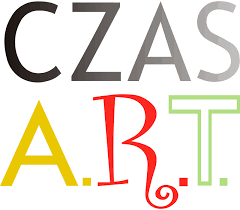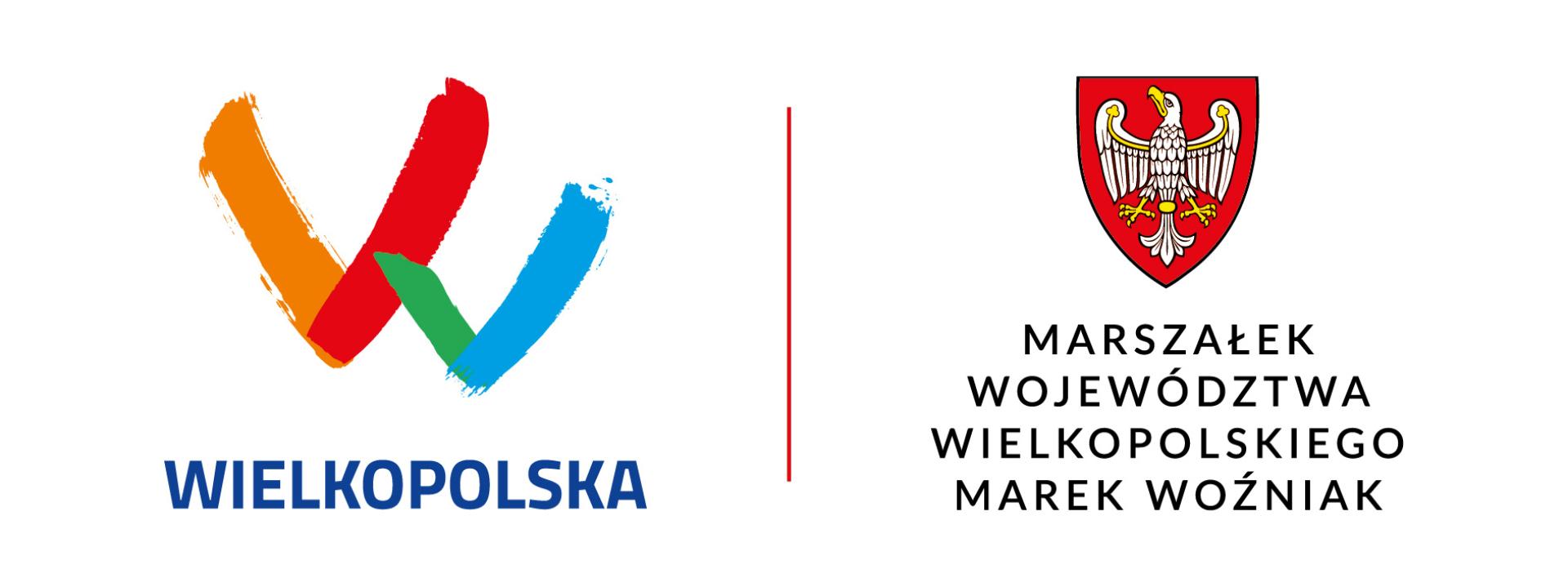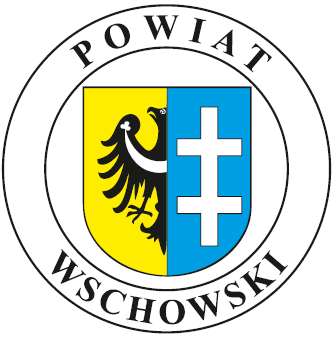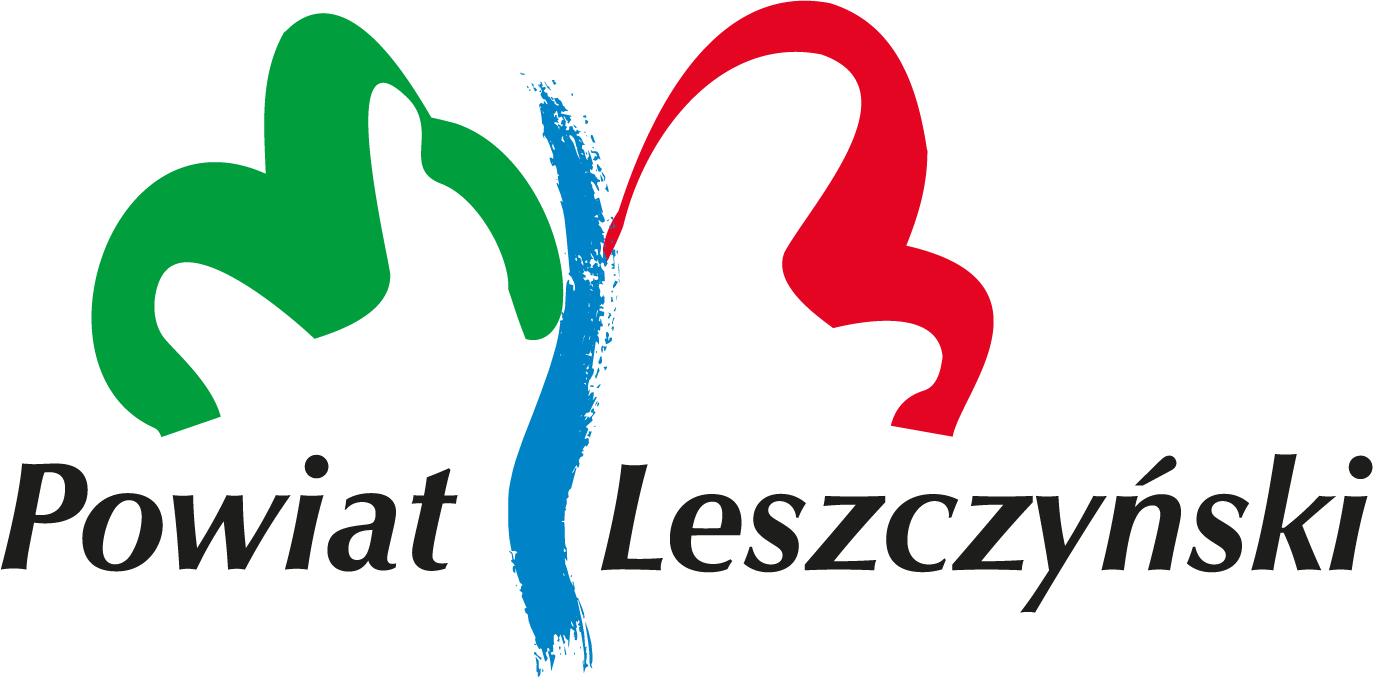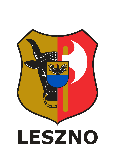Konferencja
Scientific conference "Economy in the Wschowa region and the Greater Poland-Silesian border. Craft-trade-industry-agriculture"
The Czas A.R.T. Association and the District Museum in Leszno invite you to participate in a scientific conference entitled "Economy in the Wschowa region and the Greater Poland-Silesian border. Craft-trade-industry-agriculture".
The next edition of conference organized for years in Leszno and Wschowa will take place on October 24 and 25, 2024.
The next edition of conference organized for years in Leszno and Wschowa will take place on October 24 and 25, 2024.
What does the term “economy” mean?
The definition of the term "economy" is very broad - it is the entirety of economic activity conducted in a specific region. It includes the broad subject of the production of goods and their distribution. Today, the economy is divided into three sectors: agriculture, industry, services. Construction is often added to this division. Economic life is also the culture of work, its organization and legal framework. In the historical aspect, it is also the changing conditions of conducting production depending on the social system and the current political situation. The economy is workplaces: workshops, manufactories, factories and outwork and cottage forms of conducting business; forms of association and defense of one's rights and the fight against competition. Economic activity is conducted by specific people - as owners and organizers, rationalizers and ordinary employees. The products of work can serve to fulfill everyday activities, but also be works of art or means of transforming the world. The economy has always had an impact on the lives of individuals and entire societies, often on the formation of regional differences. In the case of the borderland, we will be concerned with the issues of transfer of technology and ideas, as well as the impact of political events on the economic migration of people and trade contacts between Greater Poland and Silesia.
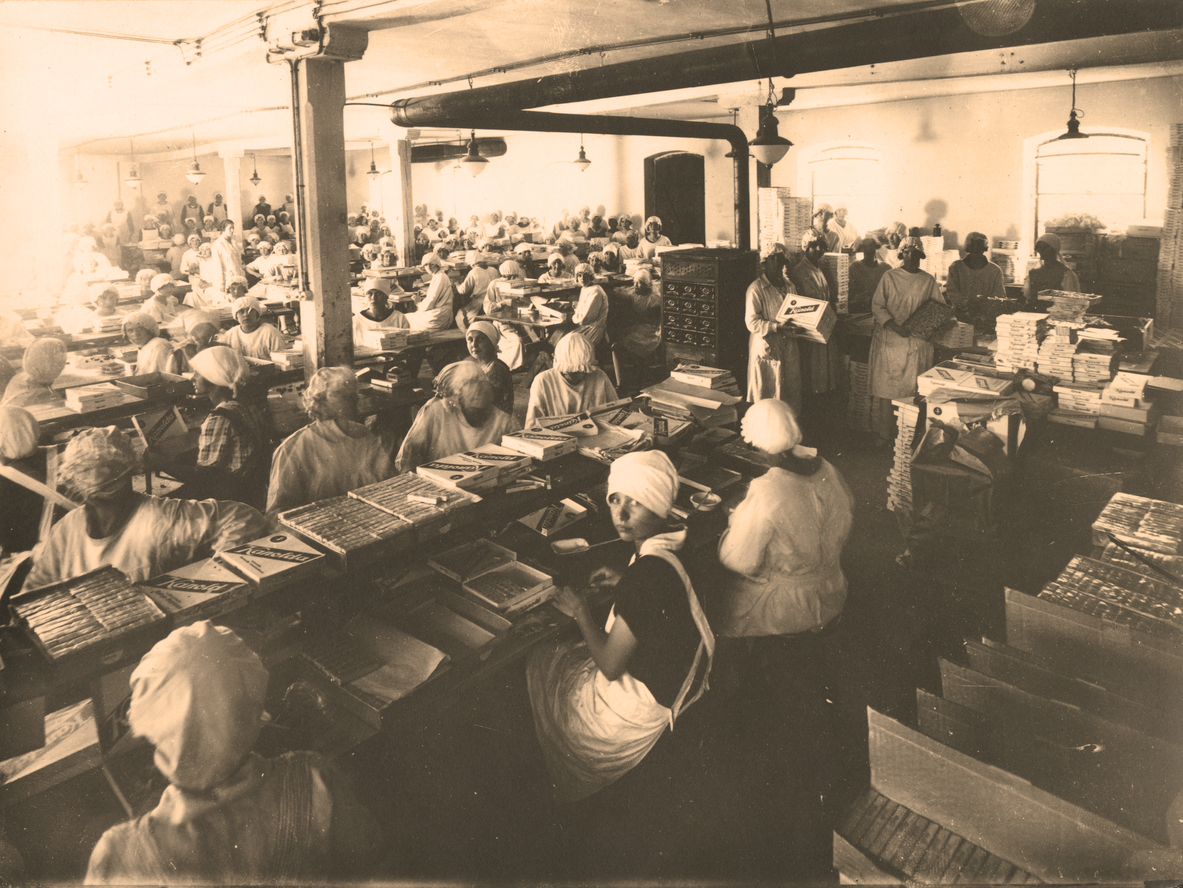
Why southwest Greater Poland?
South-west Greater Poland is an important place on the map of the organic work trail: this is where General Dezydery Chłapowski and Gustaw Potworowski come from, among others; in the 19th century, professional journals teaching modern farming were successfully published here ("Ziemianin" and "Przewodnik Rolniczo-Przemysłowy") and initiatives were taken to include lower social classes in the active life of their small homeland. The area on both sides of the Oder is also a space where the same knightly, and later noble families owned estates, thus influencing economic relations. Since the Thirty Years' War, intensive population exchange processes have taken place between Silesia and Greater Poland, resulting not only in cultural transfer but also having a significant impact on economic development and trade.
October 24, 2024, "Royal Castle" in Wschowa, pl. Zamkowy 7
October 24, 2024, "Royal Castle" in Wschowa, pl. Zamkowy 7
9:00 – conference opening
Session I 9:15- 11:00
Barbara Ratajewska (A.R.T. Czas Association)
From the history of Wschowa craft in the times of the First Polish Republic
Jakub Łojko (A. Mickiewicz University in Poznań)
The economy in the Wschowa land in the 16th-18th centuries in the light of selected statistical sources
Marta Tatiana Małkus (District Museum in Leszno)
Image of the world of craft and trade based on preserved tombstones in the lapidarium of tomb sculpture in Wschowa
Dariusz Czaja (Głogów Land Society)
Głogów's trade with Greater Poland during the city's economic boom in the 14th-16th centuries
discussion / break
Session II 11:30-13:00
Sonia Rzepka (University of Warsaw)
“Our city musician and organist […] cannot earn much in these troubled times.” The image of the musical culture of Lutherans in Wschowa in the second half of the 17th century in the light of the accounts of the Kripplein Christi church
Ryszard Patorski (Historical Society of Międzyrzecz Land)
Wschowa's pewterers. A new look at the activity of pewterers in the Lubuskie Voivodeship
Marcin Różycki (University of Wrocław)
The starosty of Międzyrzecz in the times of Augustus II Wettin. From the research on the management and profitability of the richest royal land in Greater Poland
Marcin A. Klemenski (Polish Academy of Arts, Scientific Library of the Polish Academy of Arts and Sciences and the Polish Academy of Sciences in Krakow)
Registers of customs chambers in Bojanowo and Rawicz from 1770-1772 in the collections of the Scientific Library of the Polish Academy of Arts and Sciences and the Polish Academy of Sciences in Krakow
discussion / break
Session III 13:30-15:00
Katarzyna Owoc-Kochańska (Czas A.R.T. Association)
Hotels and restaurants of the former Wschowa. Selected examples
Miron Urbaniak (University of Wrocław)
At the border of the provinces. The state of municipal industrial plants in the cities of the Górowo, Leszno and Wschowa counties in the Prussian period
Sławomir Dryja (Pontifical University of John Paul II in Kraków)
Brewing industry on the border of Wielkopolska and Silesia in the first years after the end of World War II
discussion / end of the first day of the session
16:30 -18:00 walk Wschowa cafes and restaurants yesterday and today, hosted by: Katarzyna Owoc-Kochańska (Czas A.R.T. Association)
Session I 9:15- 11:00
Barbara Ratajewska (A.R.T. Czas Association)
From the history of Wschowa craft in the times of the First Polish Republic
Jakub Łojko (A. Mickiewicz University in Poznań)
The economy in the Wschowa land in the 16th-18th centuries in the light of selected statistical sources
Marta Tatiana Małkus (District Museum in Leszno)
Image of the world of craft and trade based on preserved tombstones in the lapidarium of tomb sculpture in Wschowa
Dariusz Czaja (Głogów Land Society)
Głogów's trade with Greater Poland during the city's economic boom in the 14th-16th centuries
discussion / break
Session II 11:30-13:00
Sonia Rzepka (University of Warsaw)
“Our city musician and organist […] cannot earn much in these troubled times.” The image of the musical culture of Lutherans in Wschowa in the second half of the 17th century in the light of the accounts of the Kripplein Christi church
Ryszard Patorski (Historical Society of Międzyrzecz Land)
Wschowa's pewterers. A new look at the activity of pewterers in the Lubuskie Voivodeship
Marcin Różycki (University of Wrocław)
The starosty of Międzyrzecz in the times of Augustus II Wettin. From the research on the management and profitability of the richest royal land in Greater Poland
Marcin A. Klemenski (Polish Academy of Arts, Scientific Library of the Polish Academy of Arts and Sciences and the Polish Academy of Sciences in Krakow)
Registers of customs chambers in Bojanowo and Rawicz from 1770-1772 in the collections of the Scientific Library of the Polish Academy of Arts and Sciences and the Polish Academy of Sciences in Krakow
discussion / break
Session III 13:30-15:00
Katarzyna Owoc-Kochańska (Czas A.R.T. Association)
Hotels and restaurants of the former Wschowa. Selected examples
Miron Urbaniak (University of Wrocław)
At the border of the provinces. The state of municipal industrial plants in the cities of the Górowo, Leszno and Wschowa counties in the Prussian period
Sławomir Dryja (Pontifical University of John Paul II in Kraków)
Brewing industry on the border of Wielkopolska and Silesia in the first years after the end of World War II
discussion / end of the first day of the session
16:30 -18:00 walk Wschowa cafes and restaurants yesterday and today, hosted by: Katarzyna Owoc-Kochańska (Czas A.R.T. Association)
October 25, 2024, Leszno Town Hall, Rynek 1
October 25, 2024, Leszno Town Hall, Rynek 1
9:00 opening of the meeting
Session I 9:00-10:30
Małgorzata Gniazdowska (District Museum in Leszno)
Leszno goldsmiths in the 18th century
Bogusław Kosel (University of Białystok)
Signs of wealth – 18th century Judaica from the Leszno synagogue
Alojzy Pańczak OFM
Weaving workshop in the Wschowa Bernardine monastery
Kamila Szymańska (District Museum in Leszno)
Book workers in Leszno in the 19th century. A collective portrait
discussion / break
Session II 11:00-12:30
Eugeniusz Śliwiński (J. A. Comenius Academy of Applied Sciences in Leszno)
The course of the enfranchisement of the villages of Boguszyn and Bronikowo in the first half of the 19th century
Emilian Prałat, (Adam Mickiewicz Museum in Śmiełów / Foundation "Bonumadipisci" - Strive for Good)
Labor omnia vincit improbus - Greater Poland "know how"
Łukasz Janeczek (University of Zielona Góra)
The development of cooperative banks in the region as a manifestation of the economic and social activity of residents
discussion / break
Session III 13:00-14:30
Olaf Bergmann (Greater Poland Museum of Independence in Poznań)
Leszno's "Przewodnik Rolniczo-Przemysłowy" as a magazine promoting the ideas of economic and social modernization and the ideas of organic work
Adrian Gendera (District Museum in Leszno)
"Advertisement as a lever of trade" - how the Góreckis from Leszno promoted their products in the years 1920-1939
Tomasz Kościański (State Archives in Leszno)
Removal of dead animals in the interwar period
discussion / closing of the session
Session I 9:00-10:30
Małgorzata Gniazdowska (District Museum in Leszno)
Leszno goldsmiths in the 18th century
Bogusław Kosel (University of Białystok)
Signs of wealth – 18th century Judaica from the Leszno synagogue
Alojzy Pańczak OFM
Weaving workshop in the Wschowa Bernardine monastery
Kamila Szymańska (District Museum in Leszno)
Book workers in Leszno in the 19th century. A collective portrait
discussion / break
Session II 11:00-12:30
Eugeniusz Śliwiński (J. A. Comenius Academy of Applied Sciences in Leszno)
The course of the enfranchisement of the villages of Boguszyn and Bronikowo in the first half of the 19th century
Emilian Prałat, (Adam Mickiewicz Museum in Śmiełów / Foundation "Bonumadipisci" - Strive for Good)
Labor omnia vincit improbus - Greater Poland "know how"
Łukasz Janeczek (University of Zielona Góra)
The development of cooperative banks in the region as a manifestation of the economic and social activity of residents
discussion / break
Session III 13:00-14:30
Olaf Bergmann (Greater Poland Museum of Independence in Poznań)
Leszno's "Przewodnik Rolniczo-Przemysłowy" as a magazine promoting the ideas of economic and social modernization and the ideas of organic work
Adrian Gendera (District Museum in Leszno)
"Advertisement as a lever of trade" - how the Góreckis from Leszno promoted their products in the years 1920-1939
Tomasz Kościański (State Archives in Leszno)
Removal of dead animals in the interwar period
discussion / closing of the session
Contact
Please confirm your willingness to participate in the conference by phone or email at the Education and Marketing Department of the Museum
65 529 61 40 ext. 3 / edukacja@muzeum.leszno.pl
65 529 61 40 ext. 3 / edukacja@muzeum.leszno.pl

